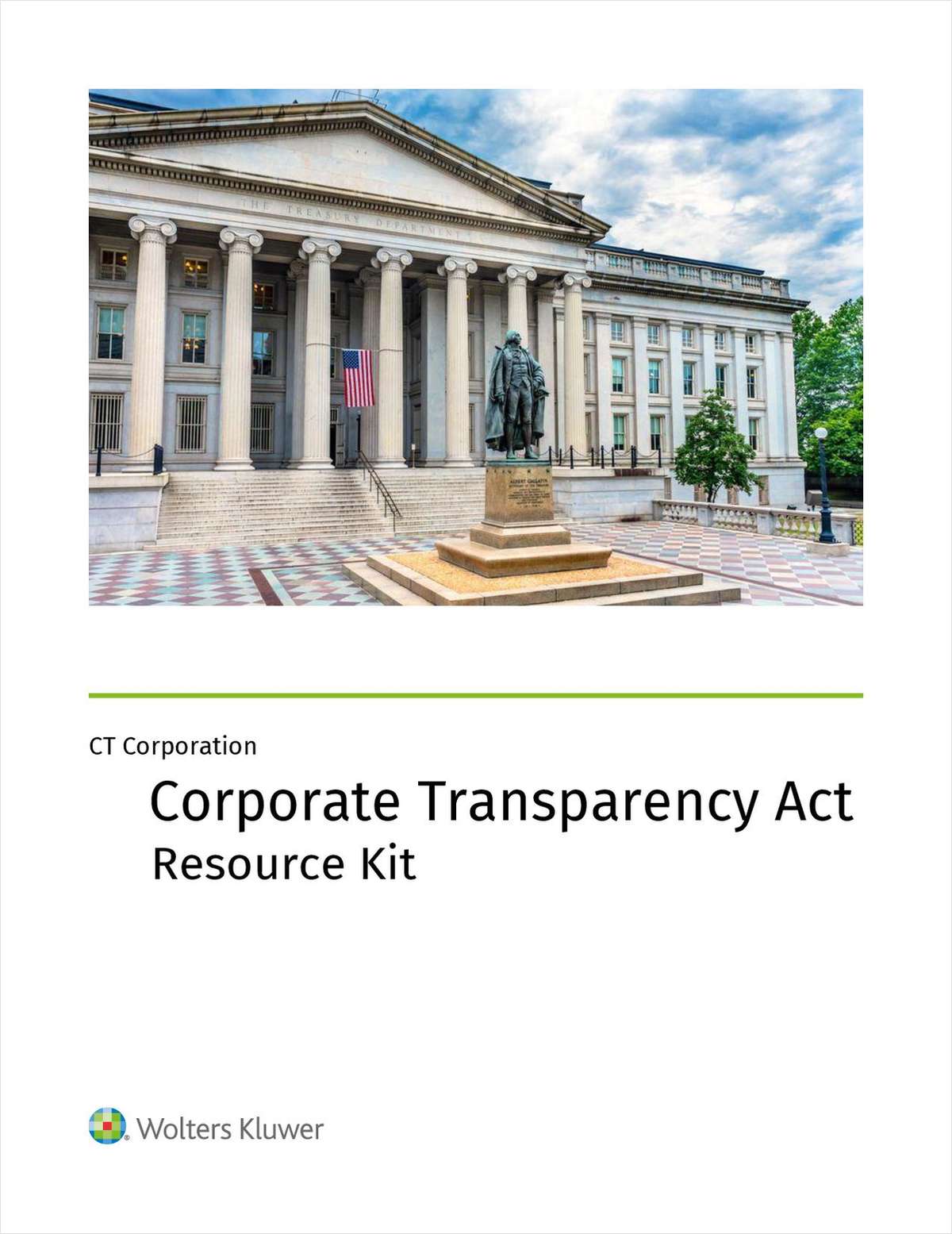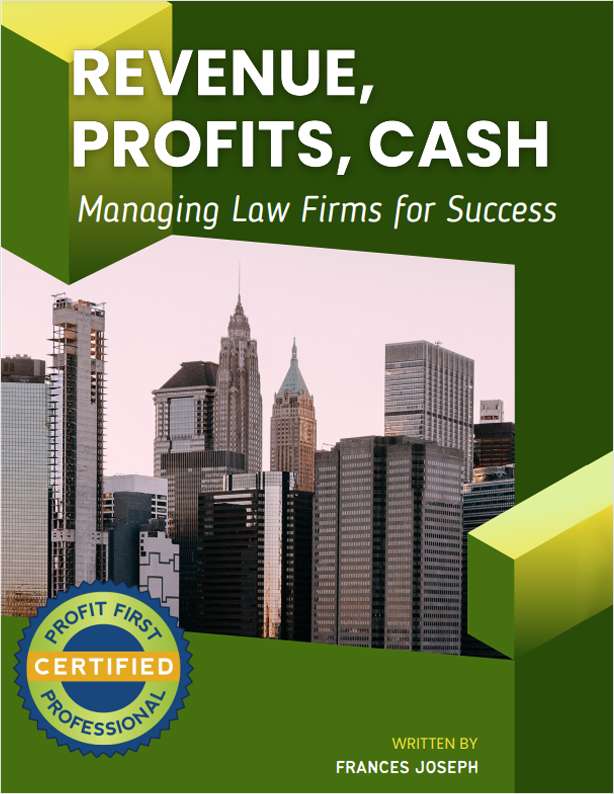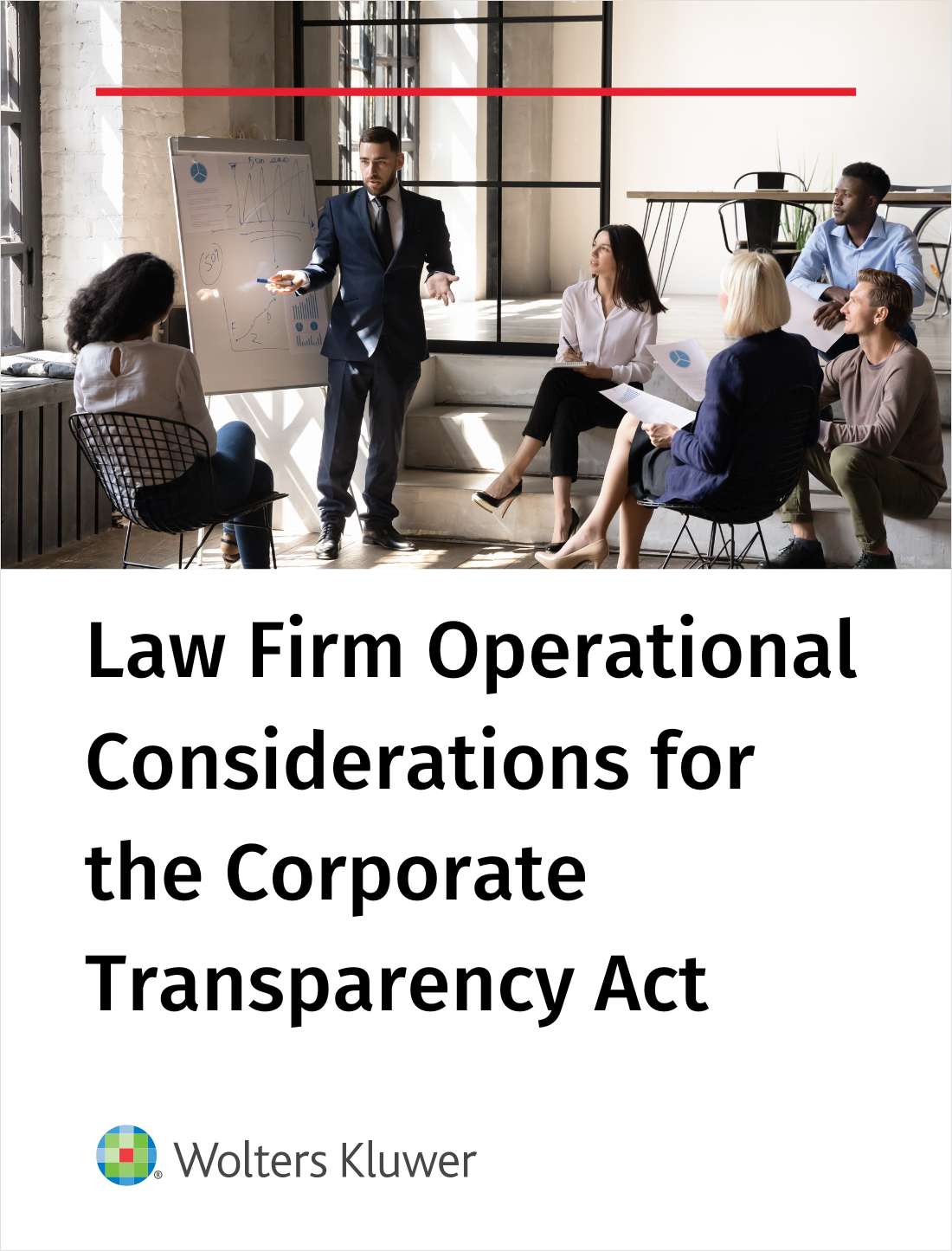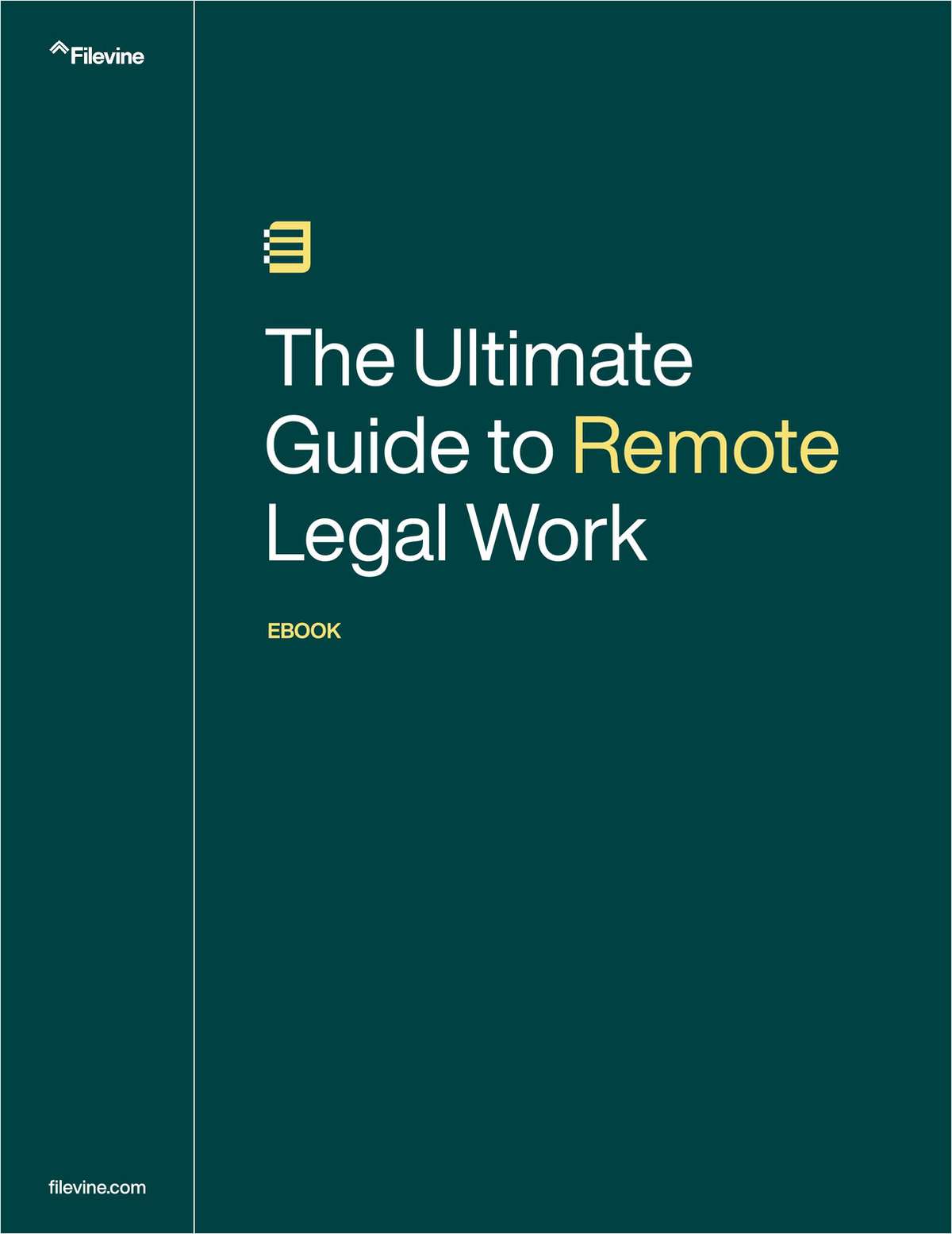0 results for '10b-5'

'Spoofing' Prosecutions: The DOJ's Approach
In recent years, DOJ has aggressively pursued spoofing cases under the wire fraud statute and 2020 saw significant developments in this area, including conviction after trial of two commodities traders in September 2020.

For Civil Enforcement, the Pandemic Is Just Beginning
There have been many criminal prosecutions of COVID-related fraud—the DOJ recently announced that the Fraud Section has criminally charged at least 120 defendants to date in fraud cases involving the PPP—but those often alleged egregious misconduct. Two new end-of-year settlements go beyond such incidents of egregious wrongdoing, however, and shed greater light on how the government might pursue civil enforcement for companies whose behavior was grey, sloppy, or pushed boundaries, which William Harrington, Annie Railton and Melissa Brumer discuss in this Federal Civil Enforcement column.
'Predominantly Foreign' Securities Claims
In their Second Circuit Review , Martin Flumenbaum and Brad Karp discuss 'Cavello Bay Reinsurance v. Shubin Stein,' an opinion which "continues the Second Circuit's trend of taking a narrow approach to the extraterritorial reach of the federal securities laws."
4th Circuit: Market Risks Hindsight Is Not Enough to Support Securities Fraud Claim
Statements and omissions arising from legitimate, subjective business judgments that allegedly become misleading only with the benefit of hindsight are insufficient to create the "strong inference" of intent necessary to satisfy the heightened standard for pleading a securities fraud claim.
Third Circ.: Bad Business Decisions, Without More, Do Not Constitute Federal Securities Fraud
When a public company discloses bad news, often its stock price declines and shareholders' investments similarly decline.
Transparency in Corporate Political Spending and SEC Rule 14a-8
In the wake of the Jan. 6 riots at the U.S. Capitol, organizations from public companies to large financial institutions, and even law firms, are reconsidering their political contributions.
Establishing Loss Causation in Securities Fraud Class Actions
In their Corporate and Securities Litigation column, Margaret A. Dale and Mark D. Harris discuss 'In re BofI Holding, Inc. Sec. Litig.', in which a divided Ninth Circuit panel grappled with two types of disclosures: those that originate in whistleblower complaints, and those based on publicly available information. The decision nicely embodies a number of the tensions at play in the jurisprudence of loss causation.
Days Seem Numbered for Circuit's Controversial Insider Trading Decision
Days before Thanksgiving, the United States Solicitor General's office responded to defendants' petitions for certiorari in 'Blaszczak'. The government agreed that the Supreme Court should vacate the Second Circuit's decision, and suggested a remand for further consideration in light of an intervening decision in 'Kelly v. United States'. The significant issues the certiorari petitions present in two critical areas of white-collar criminal doctrine are worthy of practitioners' attention and are addressed by White-Collar Crime columnists Robert J. Anello and Richard F. Albert.
Insider Trading on Government Information
This article discusses recent events giving rise to concerns about insider trading, the scope of insider-trading laws as they apply to government officials and alleged tippees, and whether the change in administration is likely to result in a greater focus on insider trading based on government information.TRENDING STORIES
More from ALM
- Legal Speak at General Counsel Conference Midwest 2024: Mike Andolina, Partner, White & Case 1 minute read
- Legal Speak at General Counsel Conference Midwest 2024: Carolyn Burbrink, Uber Director of Volume Mobility Safety and Insurance Litigation 1 minute read
- Legal Speak at General Counsel Conference Midwest 2024: Vaishali Rao, Hinshaw & Culbertson Partner 1 minute read
Resources

Corporate Transparency Act Resource Kit
Brought to you by Wolters Kluwer
Download Now

Revenue, Profit, Cash: Managing Law Firms for Success
Brought to you by Juris Ledger
Download Now

Law Firm Operational Considerations for the Corporate Transparency Act
Brought to you by Wolters Kluwer
Download Now

The Ultimate Guide to Remote Legal Work
Brought to you by Filevine
Download Now



